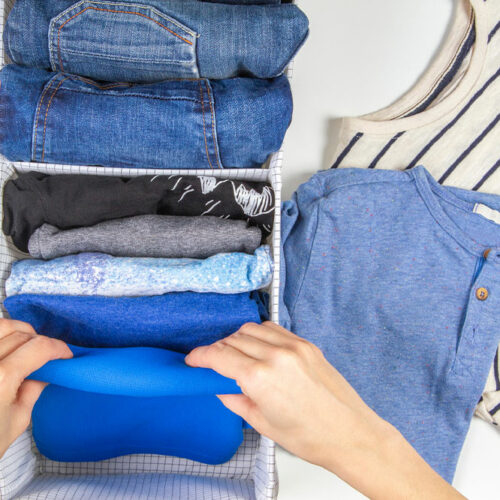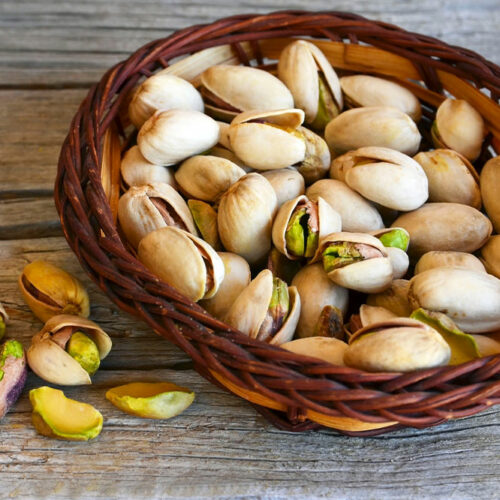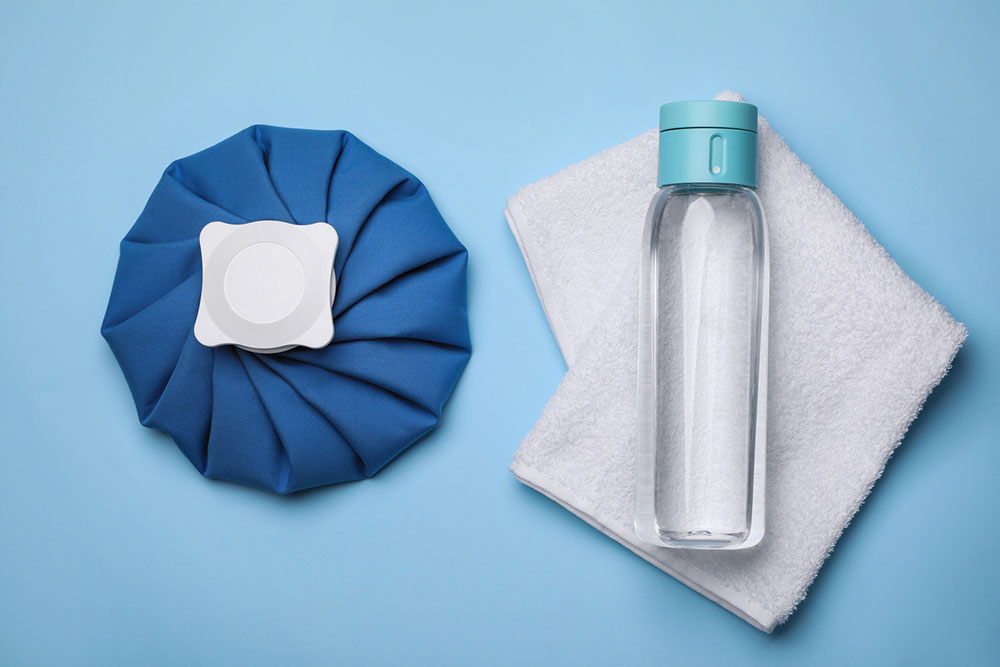Avoid these 5 phone mistakes to prevent online fraud

Smartphones are essential tools that have transformed how we communicate and access information. With the increasing use of digital technology, there has also been a surge in online fraud and cybercrime. Such attacks may make you lose anything from a few dollars to life savings and important personal data. Hackers and fraudsters can exploit the vulnerabilities of your smartphone. So, let’s discuss some common phone mistakes to avoid to prevent online fraud. Setting a weak password or PIN One of the most common mistakes people make with their smartphones is not setting a strong password and PIN. A weak password makes it easier for hackers to access your personal information and financial data. So, always set a strong password or PIN for your smartphone. Use a combination of numbers, special characters, and letters to make the password more secure. Also, avoid using your birthdate, phone number, or nickname as the password. Not installing security software Another mistake people make is not installing security software. Good security software helps protect the smartphone from malware and other online threats. It also will help prevent phishing attacks and other types of online fraud. Overlooking software update Software updates often come with security upgrades and bug fixes that can help protect the phone from online threats.






